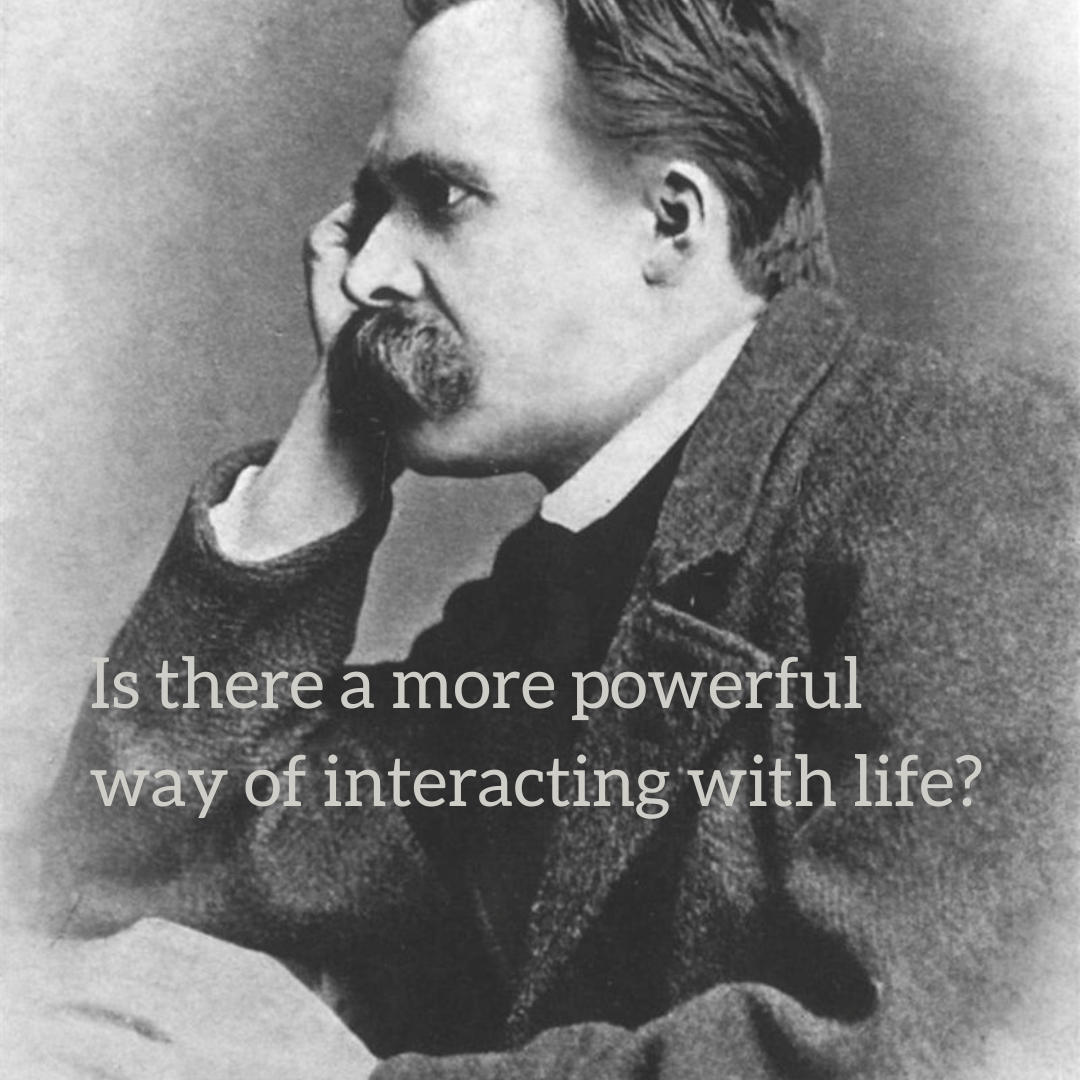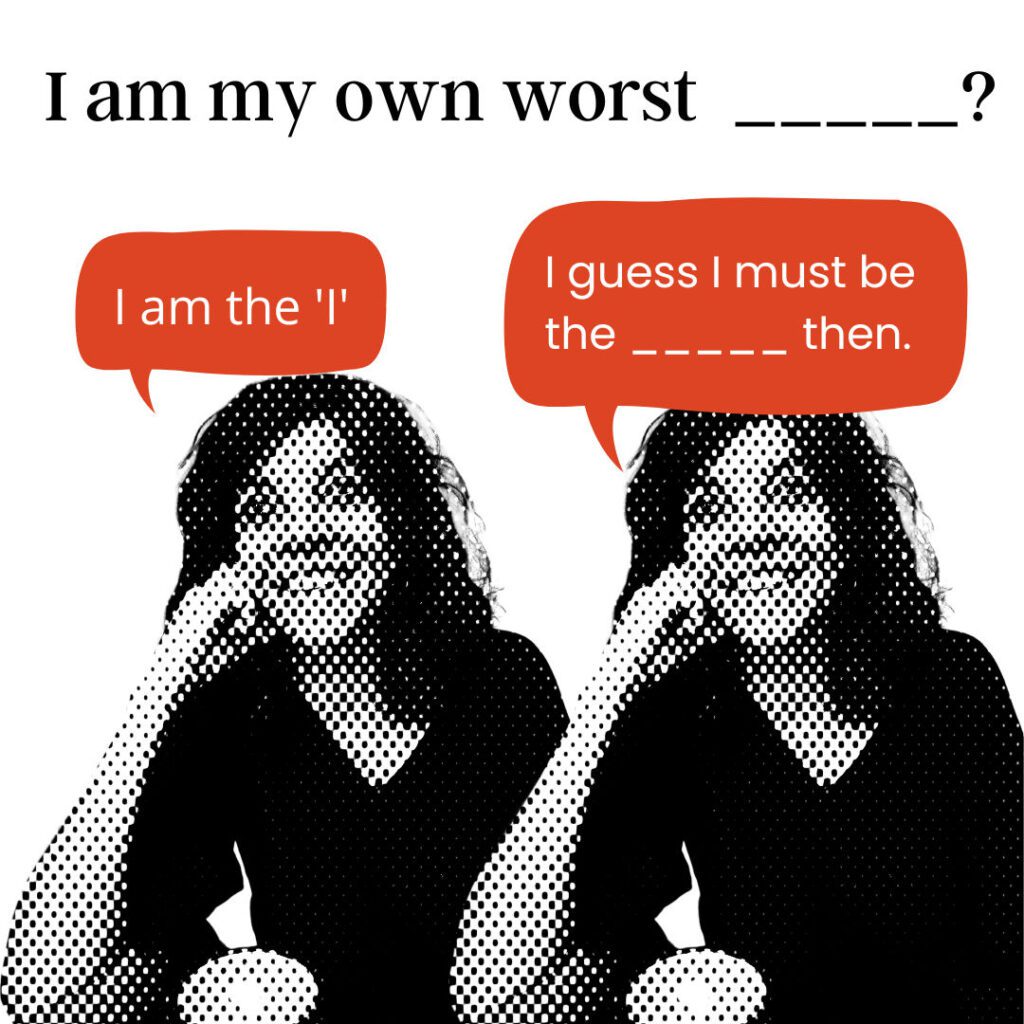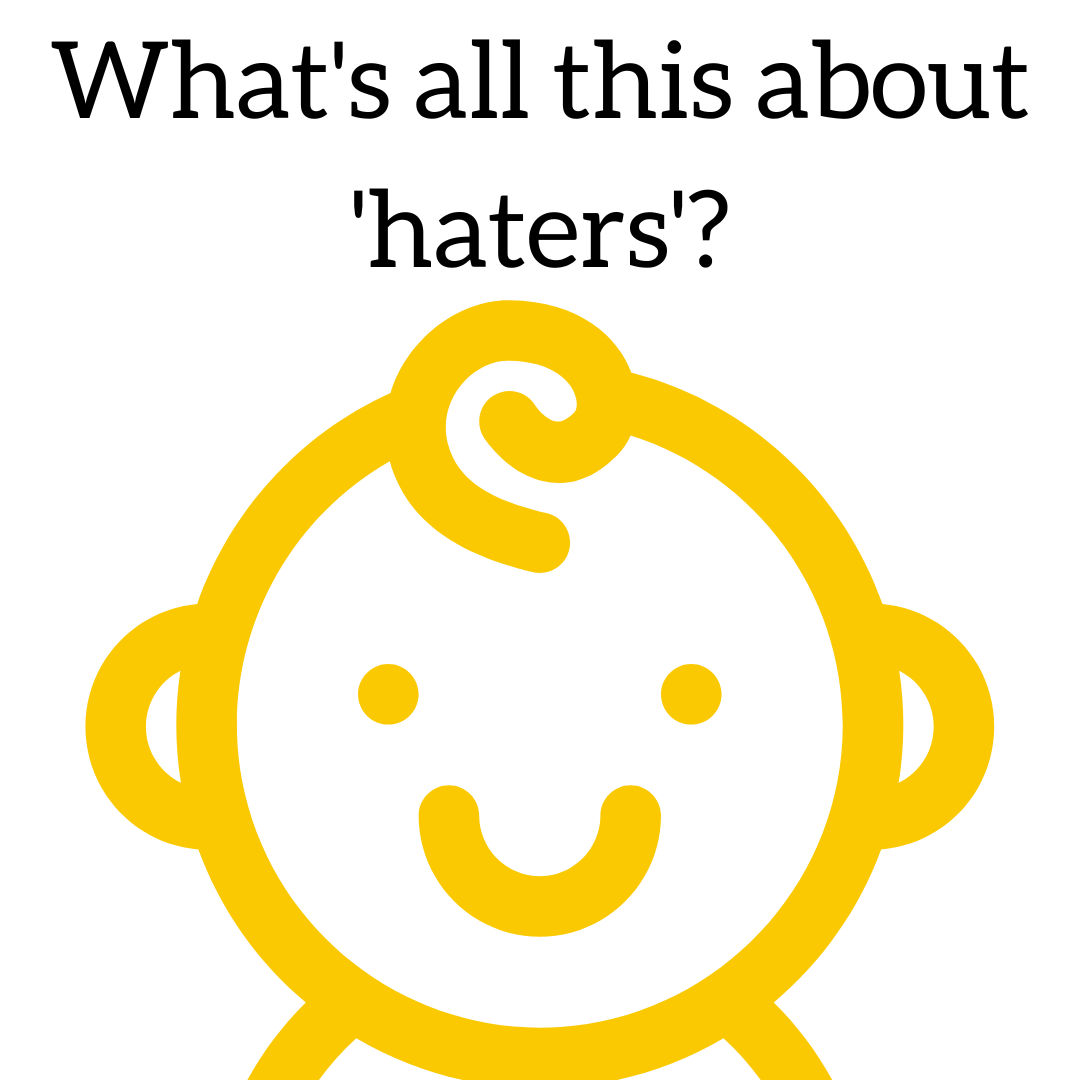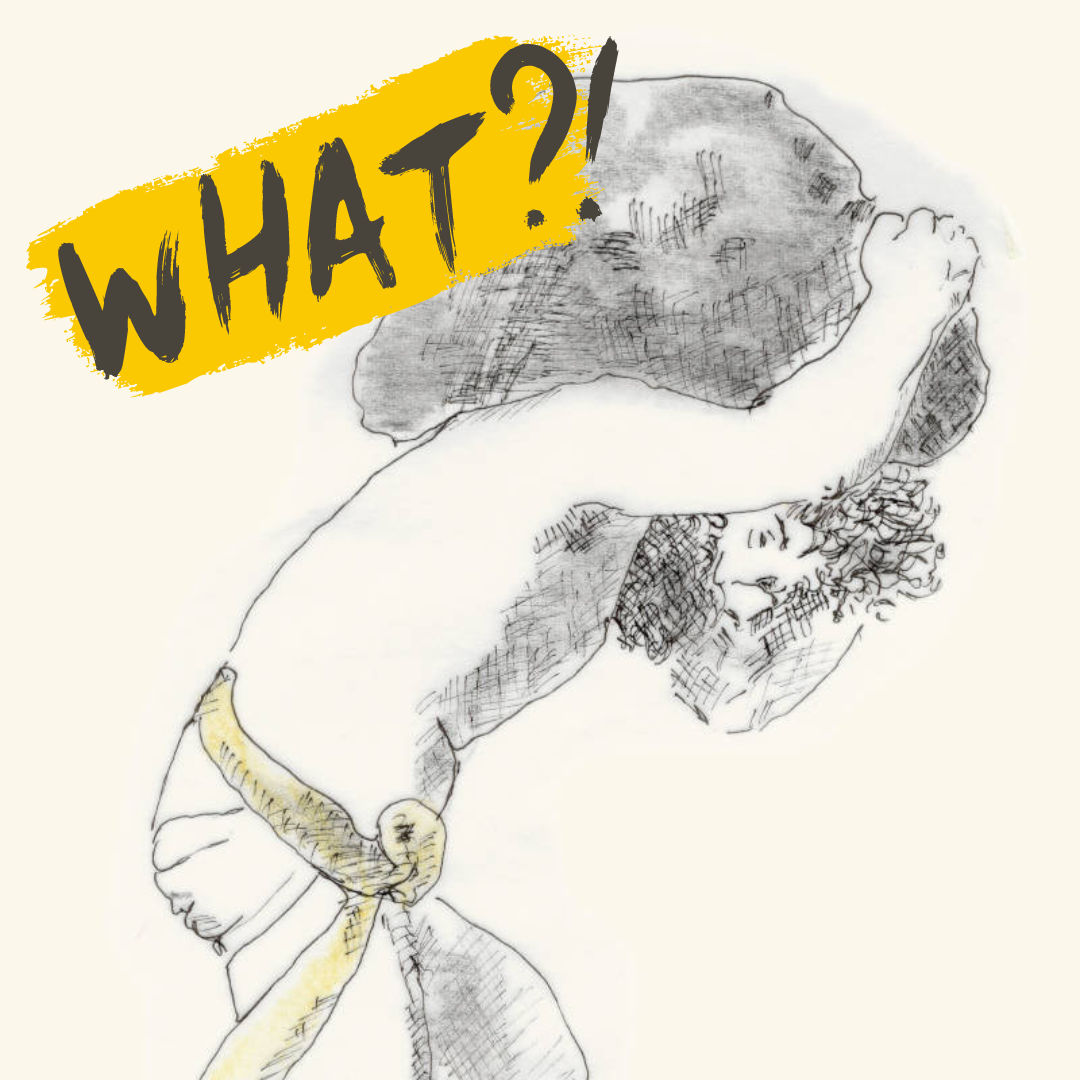
A More Powerful Way Of Interacting WIth Life
4 August 2022A New Way of Thinking About Who You Are and What You Do
7 August 2022
Your own worst ______?
What?
You don’t remember many sentences you’ve heard,
but you remember this one, ‘I am my own worst enemy.’
Whenever I speak with a group of people and begin this sentence, I see them are nodding in recognition. And then all of them complete the sentence in the same way.
What a horrendous thought to believe. The very worst thing in the world, your worst enemy, has broken into your house, it’s standing beside you and behind you, and it’s going to leap right into you.
Because it is you.
?????? ?? ??????? ??????? ?? ??? ???? ??? ????? ?? ? ??? ?? ??????.
It seems like this ‘enemy’ has control over you – or at least this how mind sees the situation. It makes you get up too late, it stops you concentrating, it watches YouTube, it goes to the park instead of working.
So you get hyper-vigilant about you. You look for tips on how to get you to do what you tell you to do.
—
This is giving me a headache.
We’ve been taught that looking at things this way will be effective.
—
You want to do two contradictory things, and to make sense of this, we talk of ‘parts’ of our minds, e.g. fast thinking vs slow thinking, and primitive vs advanced, or inner children.
These are all metaphors, as your mind is a network rather than parts (see Lisa Feldman Barrett‘s work)
But it’s a useful metaphor, at least for now. Let’s use it to look at this ‘I’ versus its ‘enemy’.
‘I’ refers to the conscious part of us that makes goals and plans, and considers consequences. The part that isn’t so predictable or logical – the enemy – is referred to as ‘myself’
This is reflected in language, and we say things like,
? I need to motivate myself
? I need to calm myself down.
? I need to get myself started.
? I need to stop myself watching YouTube videos at 2am
—
If ‘I’ and ‘myself’ really were different people. The interaction would go something like this:
Basil is speaking for the ‘I’ and Charles is ‘myself’.
Just before Charles goes to sleep, Basil calls him up, and lists all the things Charles got wrong that day. Basil says he hopes Charles will do better tomorrow. He tells Charles that if he doesn’t get his act together, he will end up living in poverty and everyone will hate him, including his family.
As soon as Charles wakes up, the phone rings, and it’s Basil again.
You get the picture.
—-
This division is the problem, so it can’t also be the solution. You can’t get better by feeling worse.
There aren’t two people in you, it’s just one.
—
The shining light of an encouraging, talented mentor is an experience that stays with us. People thrive around such individuals.
They don’t talk about enemies and division, they don’t create opposition. People like this uplift others, and they create harmony and integration. Because this is where our power is.
Inspired by the work of Jon Connelly, founder of The Institute for Rapid Resolution Therapy, Inc.



